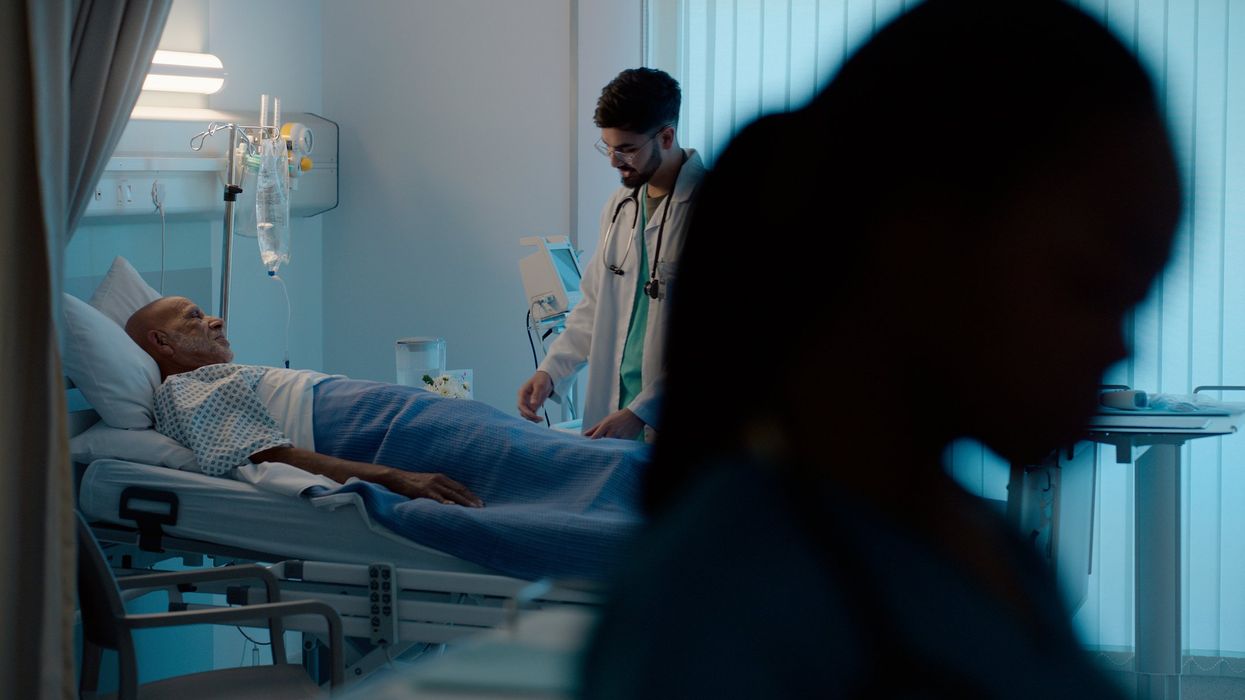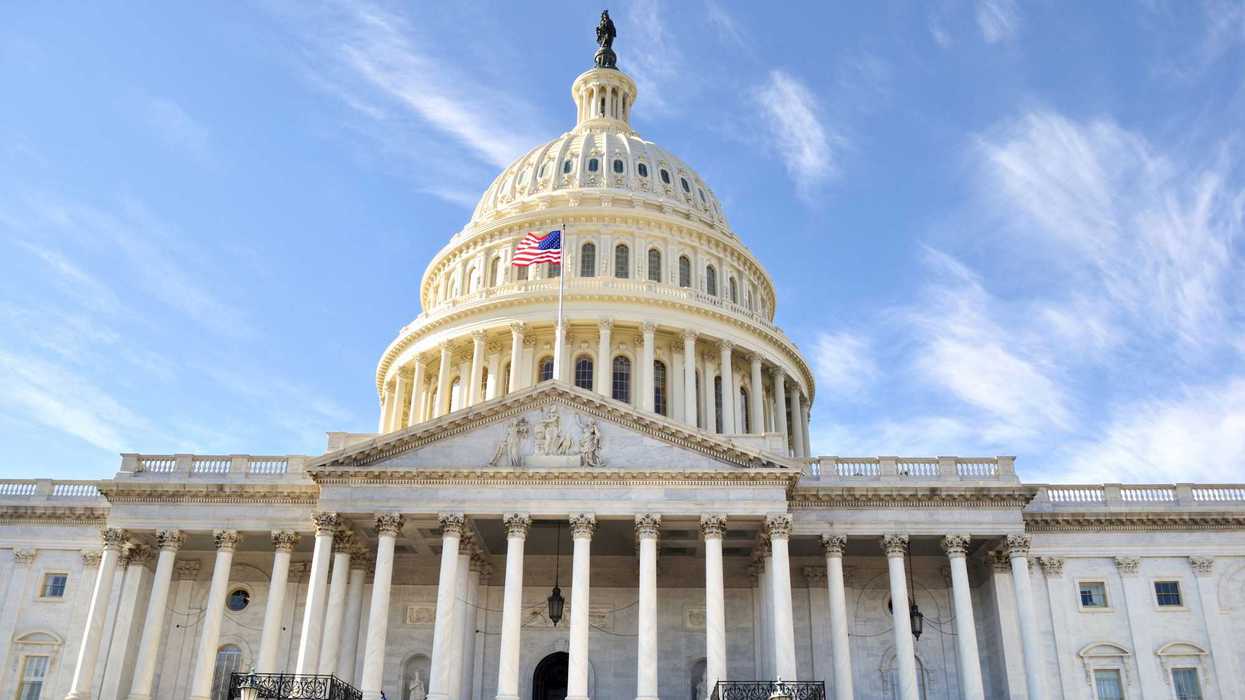The woman on the phone from the Mayo Clinic was growing exasperated as she ran through how to sweep up my medical records.
“So, you got the CT scan in Storm Lake? And the hormone therapy in Spencer? And the MRI at Mercy and biopsy someplace else in Sioux City? And a PET scan at June Nylen Cancer Center in Sioux City? And what at Iowa City? And California? Where?”
Welcome to country-style health care, I told her.
Daunting, that’s what it is.
I wish it could be just me and my local physician Dr. Sabrina Martinez, with our records at hand all to ourselves. She is super smart. If I was really freaking out, I could reach her on the phone. Unfortunately, she doesn’t do heart surgery. I remain grateful that she referred me to Dr. Nanette Reed at the University of Iowa for plumbing work on my aorta.
The aneurysm became evident during one of those many tests for my treatment of prostate cancer by urologists from Spencer to California and now, perhaps, at Rochester. I am pursuing an innovative non-invasive surgery that involves freezing the tumor out in isolation, instead of radiating the entire prostate. It’s called focal therapy. They don’t do it in Spencer or Sioux City. Hence, California on a tip from a friend who had it done.
So, we go down that aisle and nearly get to the altar when I realize that this might be impractical. Since Elon Musk quit, nobody is running the Federal Aviation Administration (FAA), and you might not be able to “Roger” that with the air traffic controllers at John Wayne Airport on any given day when you need to report for a check-up four times a year. Rochester is a relatively easy, safe drive.
The nurses in California were telling me to get this test and that in Storm Lake or Sioux City or wherever the Pony Express drops by, and I could not keep up. The helpful lady at Mayo told me to fetch this record and that, and I told her I couldn’t take much more medical records overload.
I’m a competitor so I pose to beat the system in a mental crouch. One way or another, I will get my keister zapped. I will swim upstream until I get there.
I am a white educated male with scars to show for banging my head against walls built around bureaucracies. I have Medicare and supplemental insurance. I have friends in high and low places.
What if I were among the millions who are about to lose their health insurance through massive cuts to Medicaid and the Obamacare exchanges? I can go to California or Rochester if I need to. Others are stuck in rural health systems, slowly being bled to death by low Medicaid reimbursement. There are a lot of lonely elderly who just give up when told they must ride herd over an underfunded, overwhelmed system.
"You must be your own health advocate,” a local doctor once told me, because the system is not able to keep up.
Maybe it’s not a crisis until you are in a health crisis. Gov. Kim Reynolds answers by ordering up 42 more residencies for physicians in training. They still won’t deliver babies in Newton because it doesn’t pay, for crying out loud. And they won’t expand the nursing staff in Pocahontas by any state measure. Our congress critters all voted for the health care cuts in the Big Bad Bill. The University of Iowa medical complex is getting walloped with federal funding retraction. It will become even more difficult for common people to get care. Expect more self-serve and less patient support.
Fortunately, my old college roommate, Oscar, is a recently retired clinical psychologist who is available to assure me by phone that I am not the only crazy one in this system. I was able to cry on the shoulder of a friend who has been undergoing cancer treatment since 2011. “They just don’t think of us medical tourists,” she said. “We don’t fit into their normal schedule.”
Patience, patients. Can’t you see that our system is in triage? Please have your insurance card available. Tell your local provider that you need a bladder catheter, the new message on MyChart says. What the hey? How does a fella go about that?
I have time to mess around. So says the genetic analysis that I do not know how to access for the benefit of another doctor. Some don’t have time or the inclination to run down these trails. A lot of men. Most. We rural Northwest Iowa clodhoppers have among the highest prostate cancer rates in North America, with some of the most remote routes to the latest treatment.
I’m lucky by circumstance. I will find my way. As for the rest of you, well, you’re all going to die. That’s the position of our junior Senator Joni Ernst and the rest of the Iowa congressional delegation. It is difficult enough for the fortunate, like me, to navigate the system, but I will persevere. Until they thrash Medicare, which is coming. Heaven help the workin’ man.
Art Cullen is the editor of the Storm Lake Times Pilot in Northwest Iowa, where this column appeared. For more columns and editorials, please consider a subscription to the Times Pilot. Or, if you wish, you can make a tax-deductible gift to the Western Iowa Journalism Foundation to support independent community journalism in rural Iowa. Thank you.





















 Mayor Ravi Bhalla. Photo courtesy of the City of Hoboken
Mayor Ravi Bhalla. Photo courtesy of the City of Hoboken Washington Street rain garden. Photo courtesy of the City of Hoboken
Washington Street rain garden. Photo courtesy of the City of Hoboken